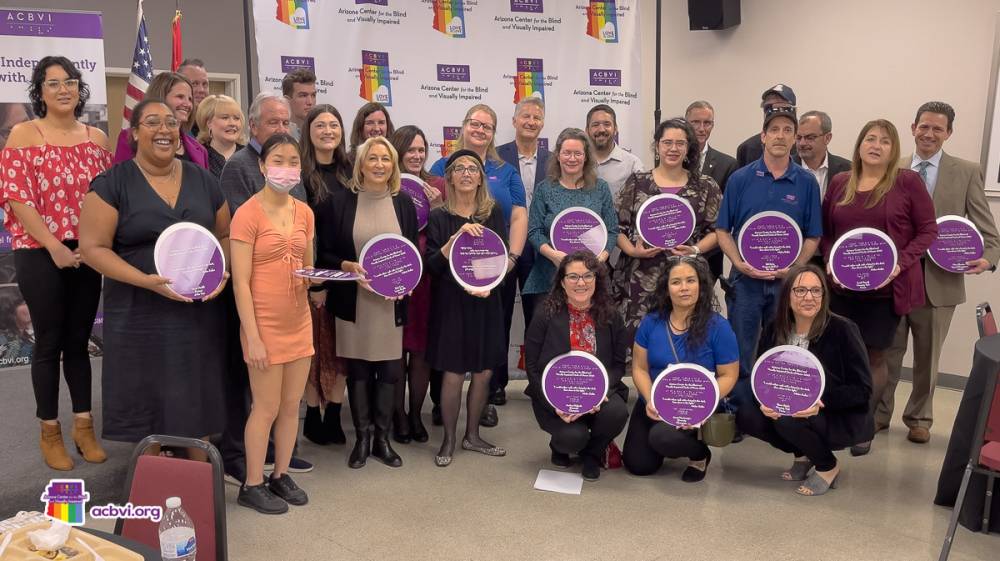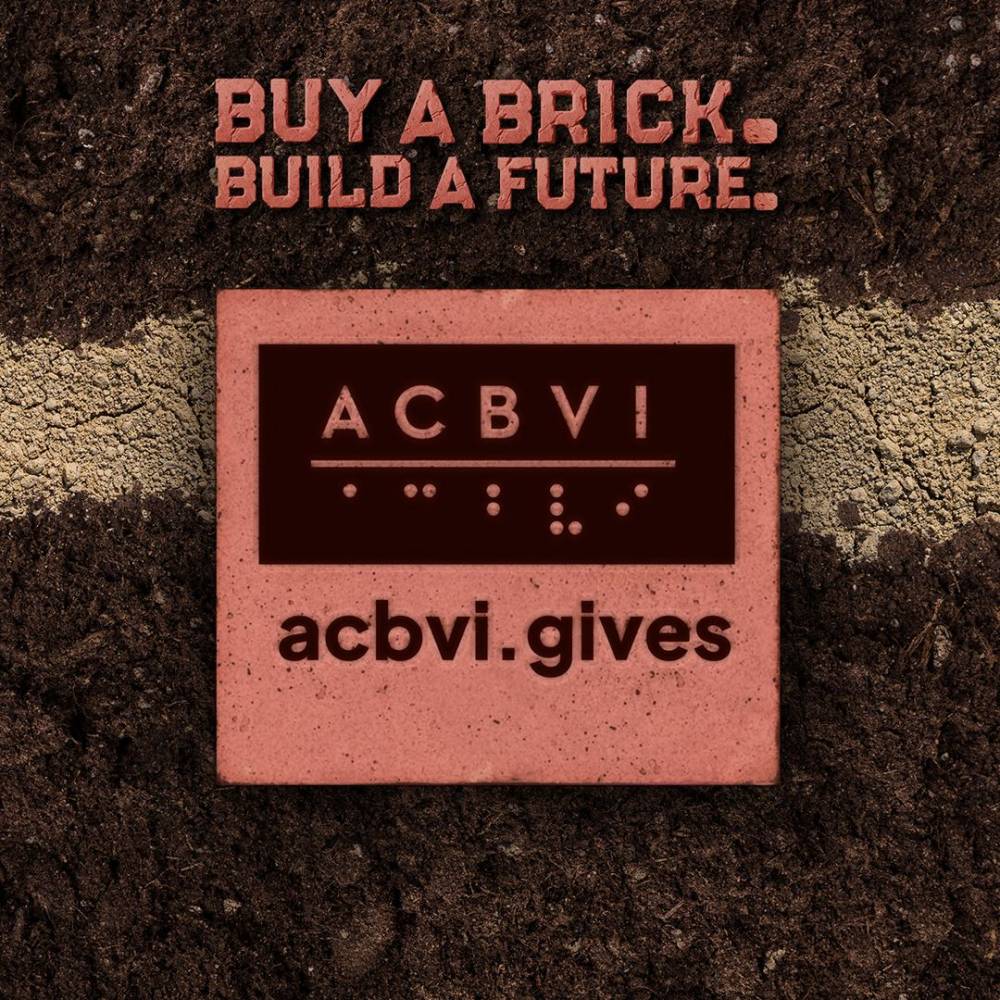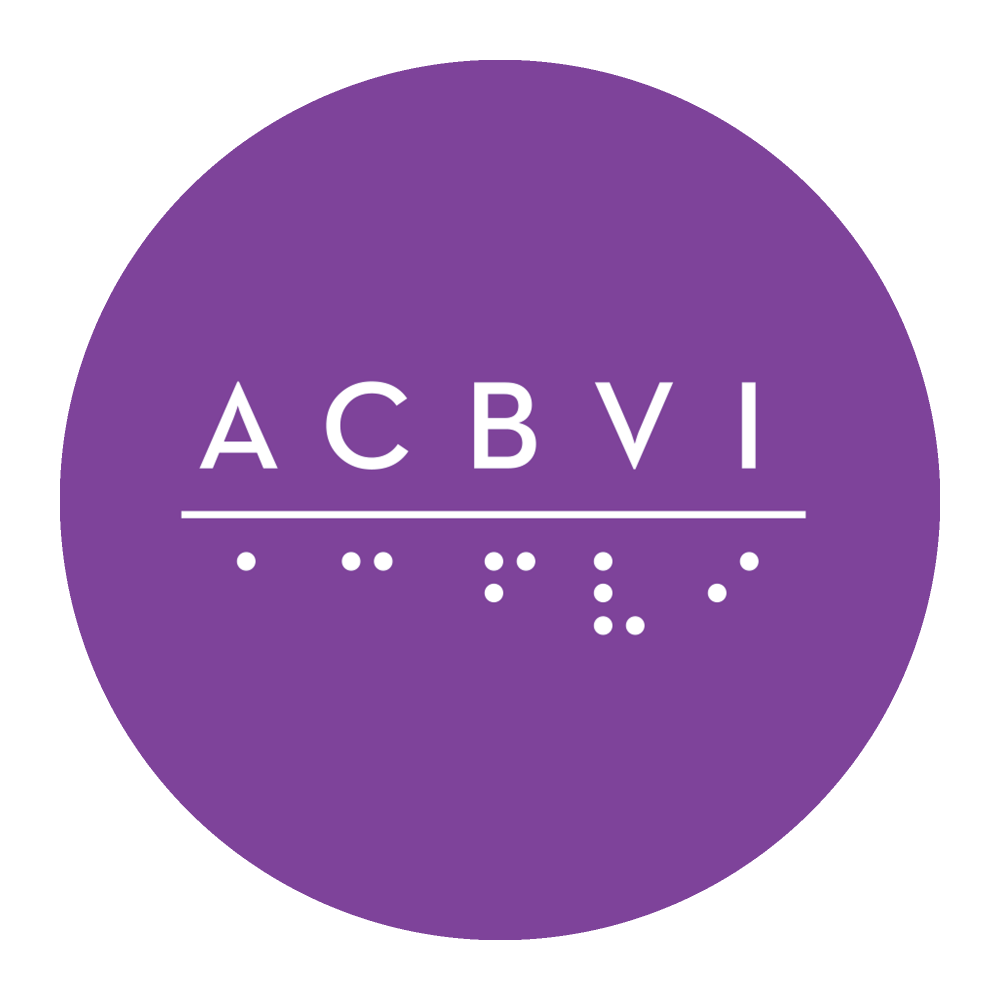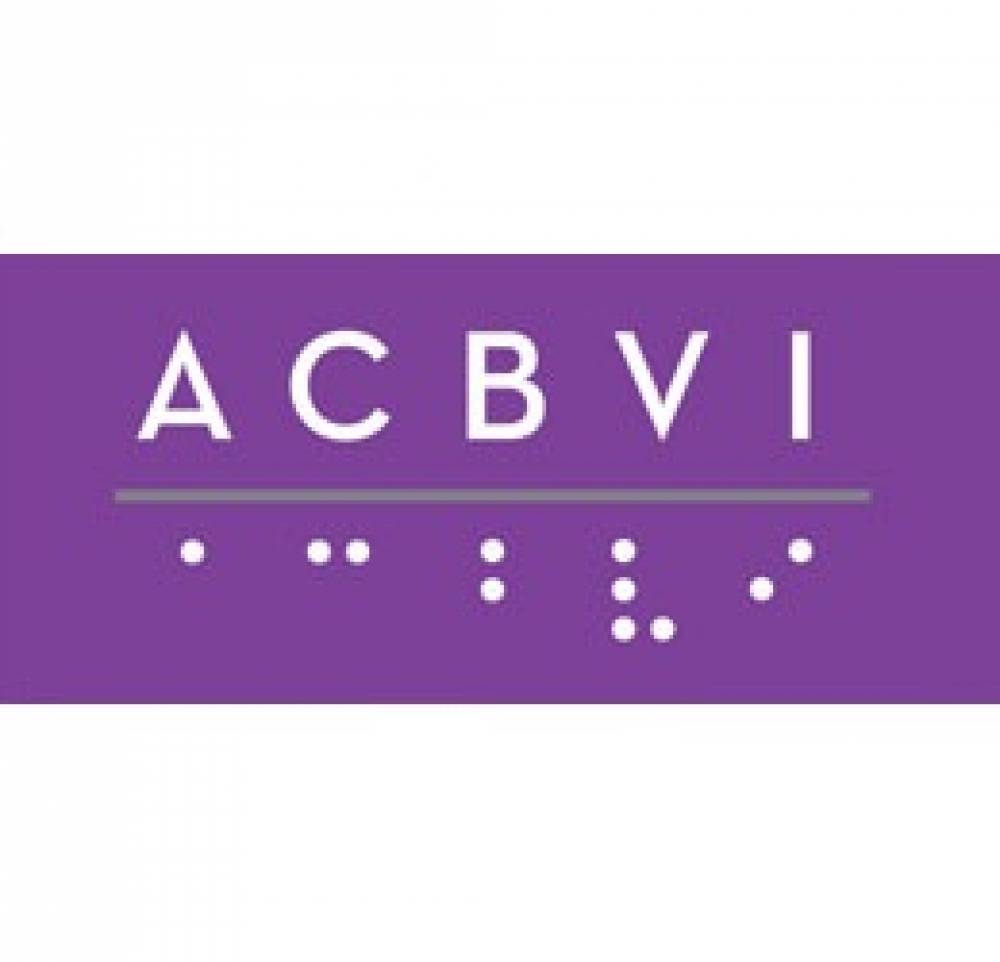Client Pursues Career in Assistive Technology
- By: Jon Williams
- /
- Tuesday, May 26th, 2020
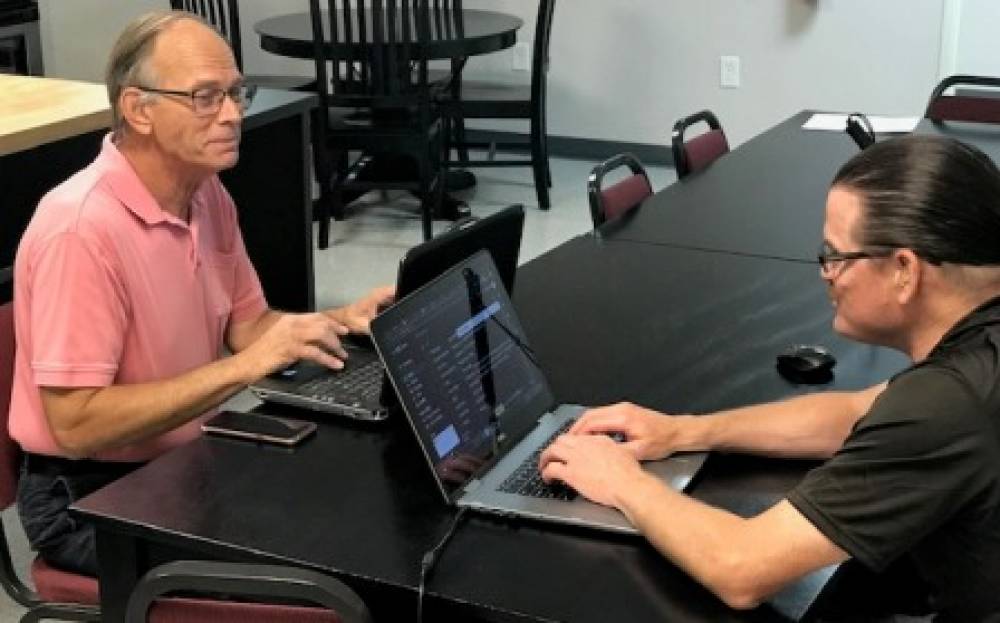
Client meets COVID-19 challenges with resilience and empathy
COVID-19 has presented us all with a test. When we face a challenge we can’t control, do we choose to turn inward or toward others?
This test is nothing new for the people we serve at ACBVI. People like Marshall Paul.
Marshall has Usher’s Syndrome Type 2. It’s a rare genetic condition that causes hearing loss at birth and vision loss over time.
In Marshall’s case, he noticed his vision declining in his mid-20s when he was building a career in the beverage industry. By his mid-30s, Marshall could no longer continue that line of work.
It also made it harder for Marshall to engage in his favorite hobby: investing in the stock and cryptocurrency markets. Most trading sites are not fully accessible.
Giving back via assistive technologies
Children with vision loss tend to have a built-in safety net in schools that identify and help them learn important life skills. But an adult who experiences vision loss often doesn’t know where to turn. That can lead to isolation, depression and anxiety.
But Marshall looked outward and found ACBVI. Now at age 45, Marshall has a new goal in mind – one that he’s pursuing in our rehabilitation teaching program.
Marshall wants to earn a degree in visual impairment technology, so he can help others live more independently. He’s working closely with Mike Perry, an assistive technology specialist.
Even amid the COVID-19 shutdown, Marshall and Mike have continued to meet at ACBVI each week. Marshall is in a low-risk group and remote training isn’t really an option for him, so we gave him access to the building.
Adapting in a COVID-19 world
Marshall and Mike meet in a larger room than usual and sit apart from each other. And while they’ve made steady progress, the shutdown has created some setbacks.
Marshall hasn’t able to get new Bluetooth hearing aids – ones that link directly to phones and computers. He also can’t practice walking with a white cane on a busy college campus or packed stadium – part of his orientation and mobility training.
And then, there’s grocery shopping. If Marshall accidentally gets too close to someone now, he definitely gets a reaction.
He says it’s both “hilarious and frustrating” that they don’t notice he’s carrying a white cane. But Marshall says he’s taking it in stride because it’s clear a lot of people are in “defense mode.”
Times like these should remind us of what’s truly important in life. For Marshall, that’s staying mentally active and focused on his goal of helping others like him reach their full potential.
About The Author
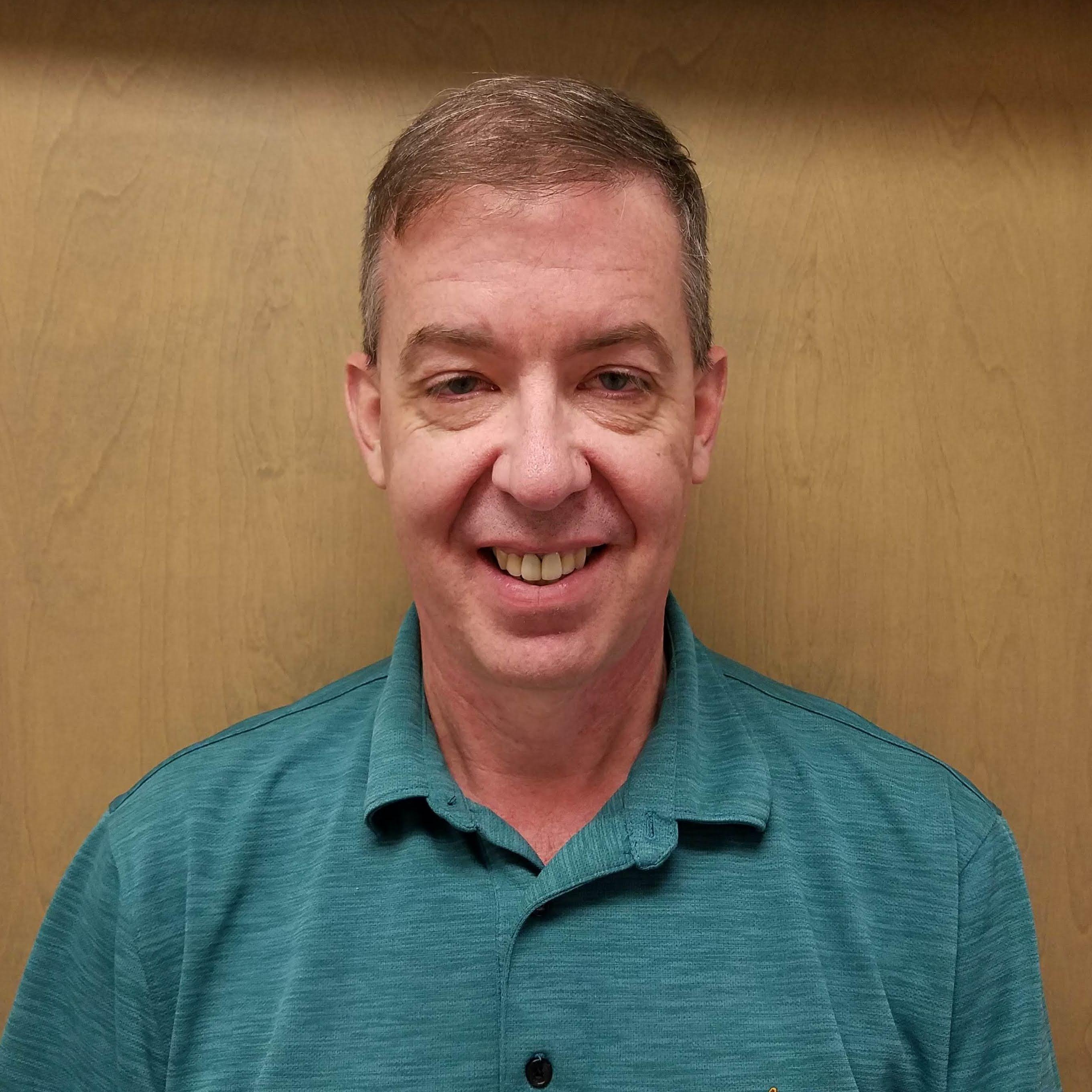
Jon Williams
Jon Williams is the Fund Development Officer at ACBVI. He has over 25 years of professional non-profit experience in development, fundraising, volunteer and event management with national non-profits including the American Cancer Society, the American Diabetes Association, and three member food banks in the Feeding America network, including his last position as Development Manager with United Food Bank in Mesa. Originally from South Bend, IN and a graduate of Ball State University, Jon has devoted his career in giving back to the community and providing assistance to those underserved populations needing help. A resident of Chandler, Jon enjoys the Arizona lifestyle along with traveling near and far, a great live concert or an exciting sports game!
